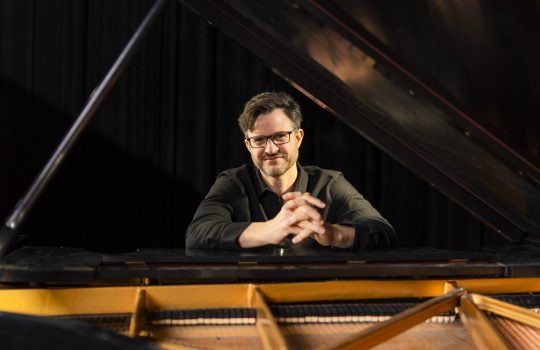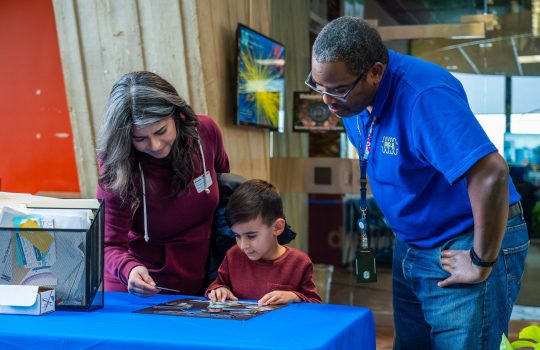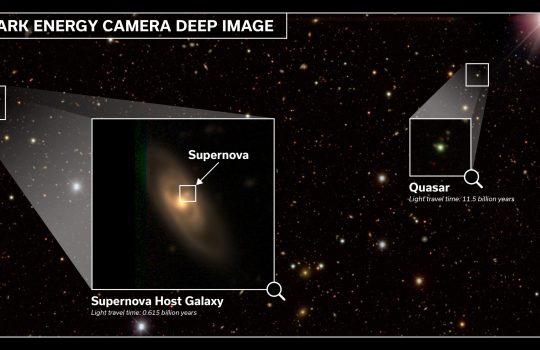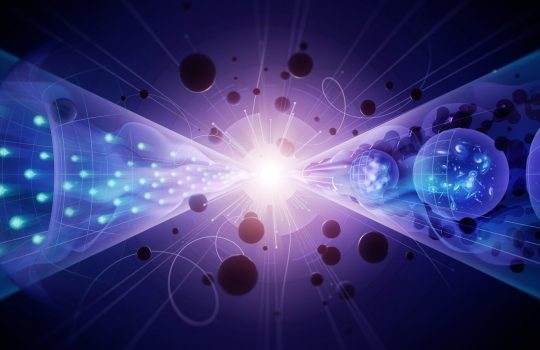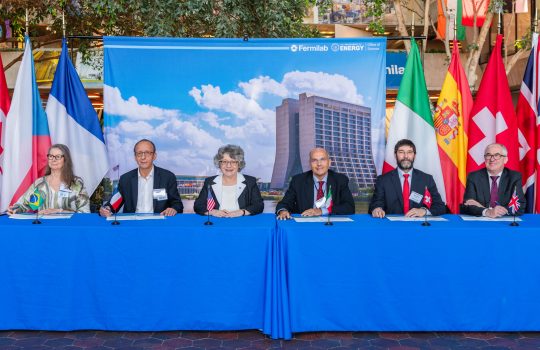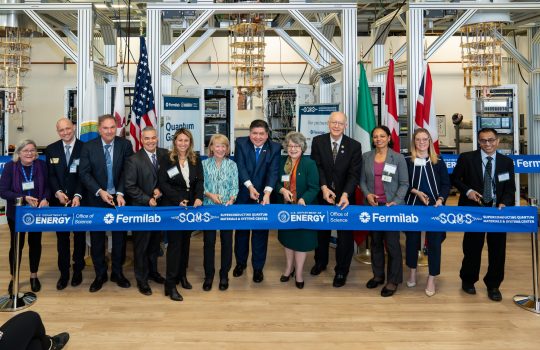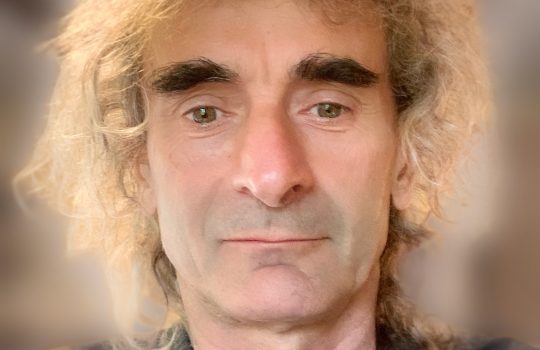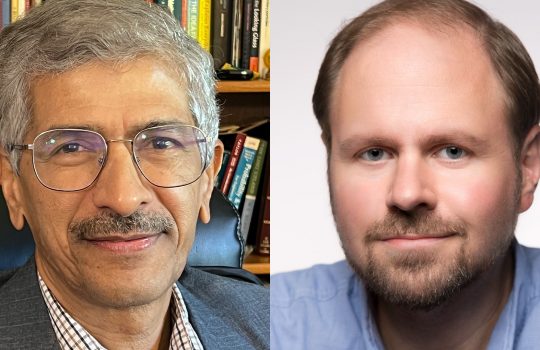Accomplished composer and pianist Mischa Zupko from Chicago named 2024 guest composer
Mischa Zupko, adjunct faculty member of the School of Music at DePaul University, will collaborate with scientists at Fermilab and members of the Chicago-based Civitas Ensemble to create music based on scientific models in particle science.

